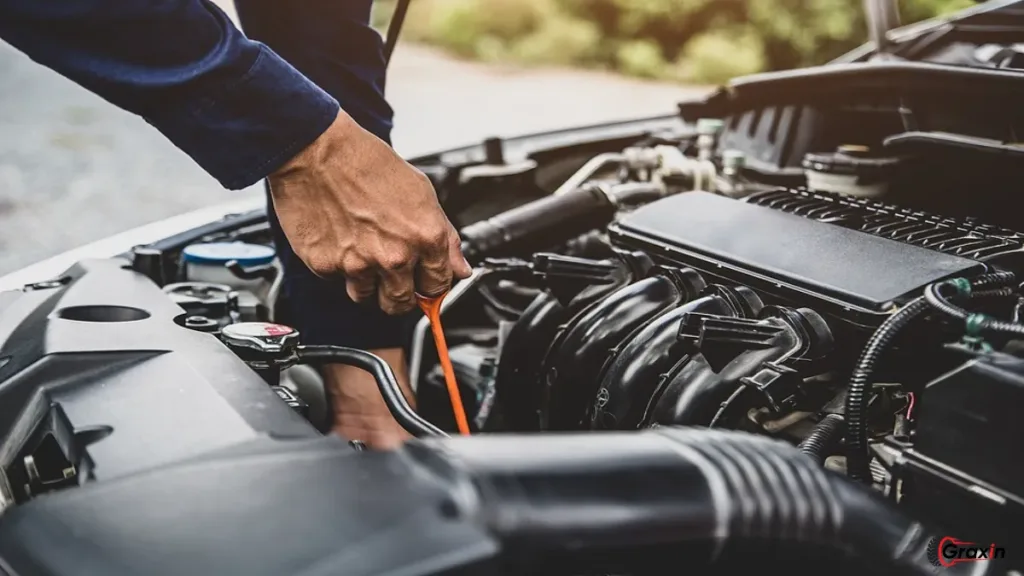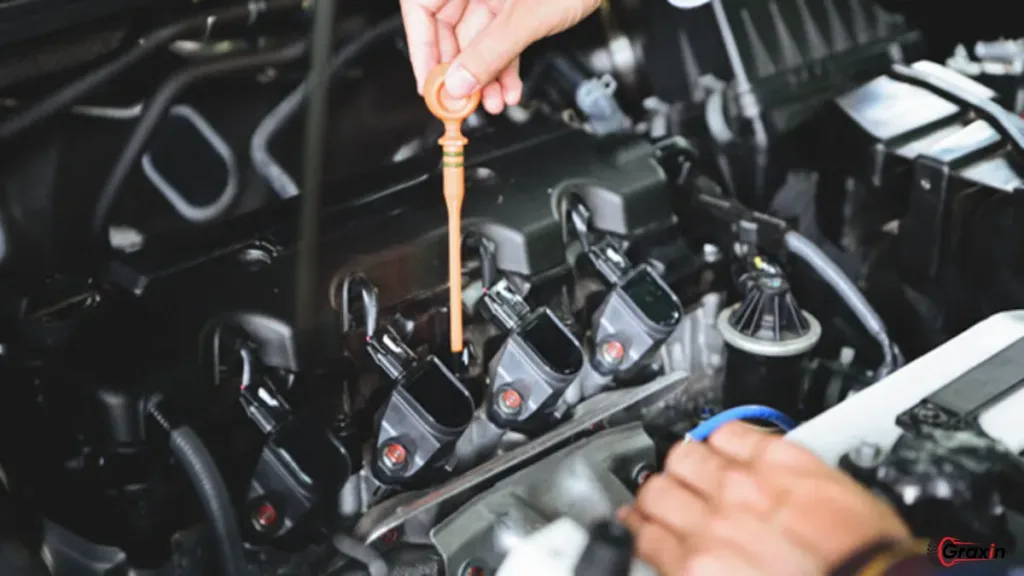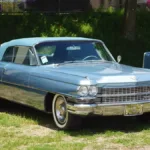Grinding sounds while driving – never ignore it. That might mean that your car is faulty in some way, and catching up with the problem as soon as possible can save you a lot of time and money. The possible causes of grinding noises when driving, how to fix them, and know when to seek professional help are discussed in this article in depth.
Introduction
Ever had a grinding noise while driving? It may really give you a heart skip especially if you have no idea what it might be. This is usually a sign of something wrong, and you need to get to the bottom of it before it worsens. In this article, we delve into the most common reasons why your car would make this dreaded grinding noise and what you can do about it.
Why Is My Car Making a Grinding Noise?
A grinding sound in a car is a sign that something’s wrong. It could be from anything – brakes, bearings, or maybe even transmission. Before it gets worse, it’s important to determine this. So let’s take a closer look at what might be causing grinding sounds while driving.
Common Causes of Grinding Noises While Driving

Worn Brake Pads
One of the most common reasons for grinding noises is worn brake pads. When the friction material wears down, metal-to-metal contact occurs, causing a grinding sound when you press the brakes.
Failing Wheel Bearings
Wheel bearings support the wheels’ rotation, but when they start to fail, you’ll hear grinding, especially when turning or driving at high speeds. Ignoring this can lead to costly repairs.
Transmission Issues
A grinding noise coming from the transmission could indicate worn-out gears or low transmission fluid. This could affect how your car shifts gears and should be addressed immediately.
CV Joint Problems
The CV joints are part of your car’s drivetrain, and when they wear out, they can produce grinding noises, particularly when accelerating or turning. If left unchecked, it could lead to complete joint failure.
The Grinding Noise When Braking
What Are Brake Pads?
Brake pads are crucial components of your braking system. Their job is to provide friction against the brake rotors, helping to slow down or stop your vehicle.
How Do Worn Brake Pads Cause Grinding Noises?
When brake pads wear thin, the backing plate can come into contact with the rotor, creating a grinding noise. This not only damages the rotor but also reduces your car’s stopping power.
Signs You Need to Replace Your Brake Pads
- Squealing or screeching noises before the grinding begins
- Increased braking distance
- A grinding sensation when braking
- Brake warning light on your dashboard
Grinding Noise When Accelerating

Transmission Trouble
If you hear grinding while accelerating, the problem could lie in your car’s transmission. Worn-out gears or low transmission fluid could cause this noise. Addressing it quickly can prevent more severe damage.
Faulty CV Joints
Constant velocity (CV) joints are vital for smooth wheel movement. When they fail, you’ll hear grinding or clicking, especially when accelerating or turning. Replacing these joints is critical to maintaining a safe vehicle.
Grinding Noise When Turning
Problems with Power Steering
If the grinding noise occurs only when turning, it could be an issue with the power steering system. Low power steering fluid or a failing power steering pump could be the culprit.
Damaged CV Joints
Once again, faulty CV joints are a prime suspect. A grinding noise during turns is often a sign that your CV joints are on their way out.
Is It Safe to Drive with a Grinding Noise?
Grinding noises are one thing that might be dangerous to drive on depending on their cause. Brake related-it’s best to stop using the car right away since it might fail completely. Transmission or CV joint related-don’t continue driving it for too long for risking further damage and a big bill on your hands. In any case, take care of this as soon as you can.
How to Diagnose Grinding Noises Yourself
Check the Brakes
Start by inspecting your brake pads and rotors for wear. If the pads are thin or the rotors are grooved, you may have found your problem.
Listen to the Timing of the Noise
Pay attention to when the noise occurs—while braking, accelerating, or turning. This can give you clues about where the issue lies, whether it’s in the brakes, bearings, or drivetrain.
When to Take Your Car to a Mechanic
If you suspect the origin of the grinding noise or do not have the right tools to self-troubleshoot, it’s time to go see a mechanic. Grinding noises usually indicate serious problems that need to be sorted out with the expertise of a mechanic. You might find yourself facing a bill for costly repair or an even major safety risk if you ignore the problem.
Prevention Tips to Avoid Grinding Noises
Regular car maintenance is key to avoiding grinding noises. Here are a few tips:
- Get your brakes checked regularly.
- Change your transmission fluid as per your car’s service schedule.
- Inspect wheel bearings and CV joints during routine services.
- Listen for any unusual sounds and address them early.
The Costs of Fixing a Grinding Noise
This will depend on the problem. Replacing brake pads would cost between $100 to $300, whereas replacing a CV joint or transmission may run in hundreds of dollars. The earlier you catch the problem, the better-not to say less costly-your conditions will be later on.
The Importance of Regular Car Maintenance
Preventive maintenance is your best defense against grinding noises. By sticking to a regular service schedule, you can avoid costly repairs and ensure your car remains safe to drive.
Conclusion
Grinding noise while driving actually means your car is telling you that something is wrong. It could be brake issues, transmission, or failing CV joints; sooner, the better you address this issue to avoid further wastage. Regular maintenance with early detection are the only ways to make sure your car keeps running at its best.
FAQs
1. What does it mean when my car makes a grinding noise while driving?
A grinding noise usually indicates a problem with the brakes, wheel bearings, CV joints, or transmission. It’s essential to diagnose the issue early to prevent further damage.
2. Can I keep driving if my car is making a grinding noise?
It’s not advisable to keep driving, especially if the noise is brake-related. Continuing to drive could lead to more severe issues and higher repair costs.
3. How much does it cost to fix a grinding noise in my car?
Costs vary depending on the issue. Brake repairs can cost between $100 to $300, while transmission or CV joint repairs may cost several hundred dollars.
4. Can low transmission fluid cause a grinding noise?
Yes, low transmission fluid can cause grinding noises, especially when shifting gears. This can damage the transmission if not addressed.
5. How often should I replace my brake pads to avoid grinding noises?
Brake pads should be replaced every 20,000 to 50,000 miles, depending on your driving habits and vehicle type.
Also Read: How Many Axles Does a Car Have? Explained in Detail







